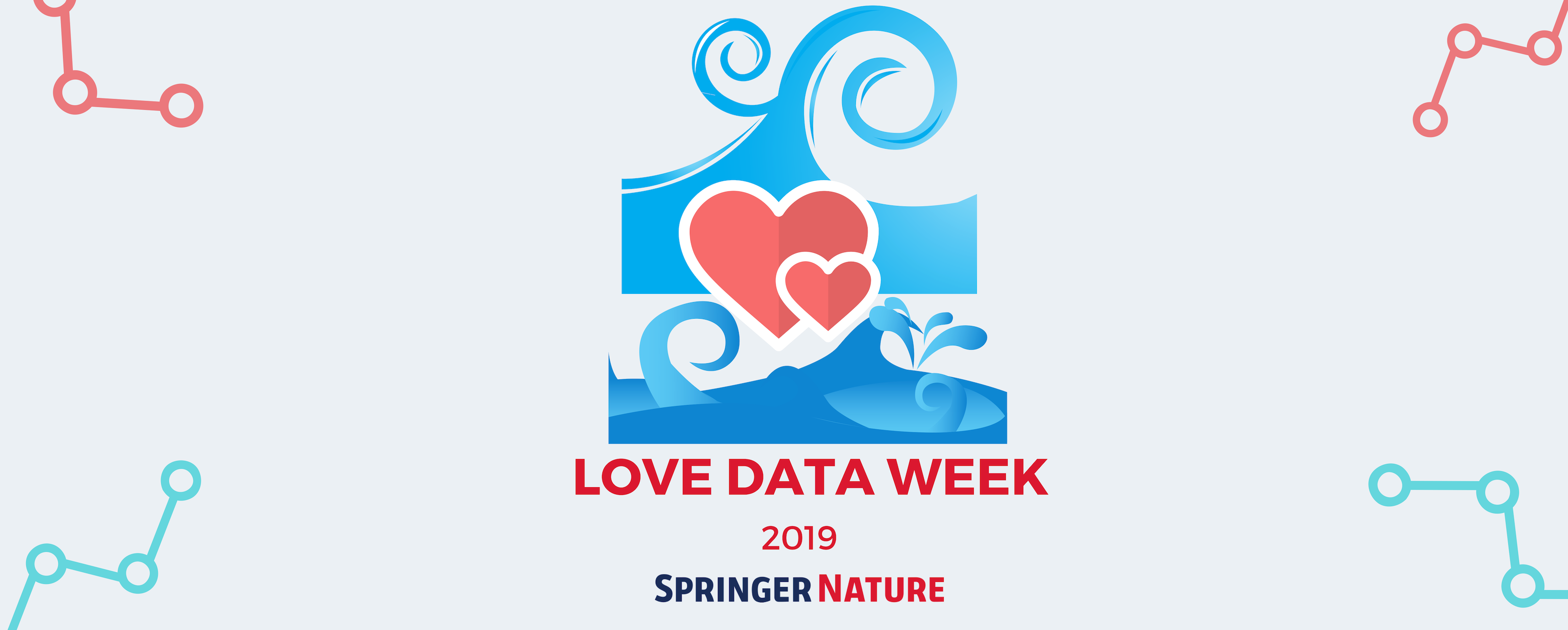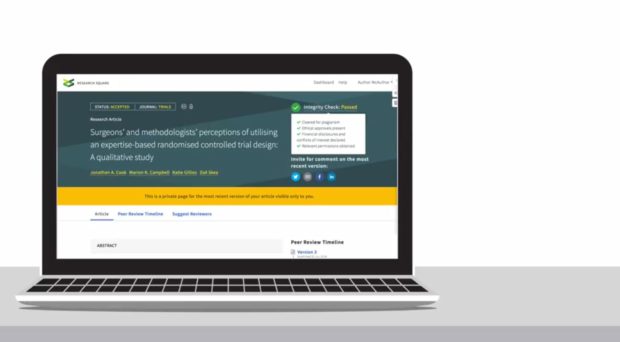5 author benefits from Springer Nature’s pilot with ResearchGate
Springer Nature is the first major publisher to reach an agreement with ResearchGate to provide greater access to their users, pioneering innovative access models for scientific content in the rapidly evolving research ecosystem. Read the full press release and learn more below about how this partnership benefits authors and how it’s helping the academic community advance discovery. 1. Full-text of select Nature articles published since November 2017 are automatically available via ResearchGate profiles during the pilot period. Springer Nature will upload all the necessary content, meaning that authors will not have to do anything to make their work available. 2. Select … Read more…











